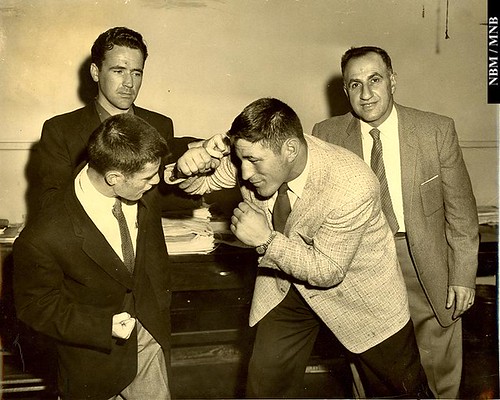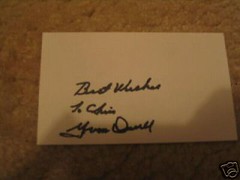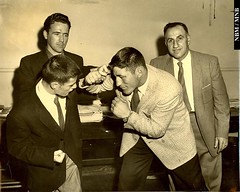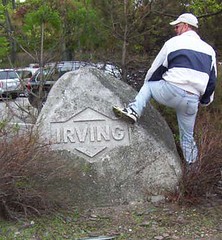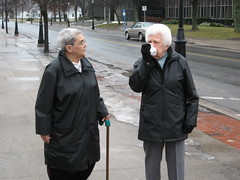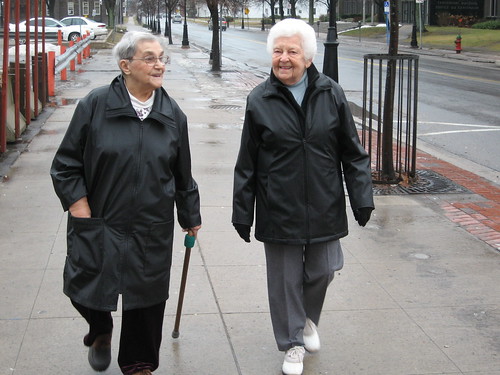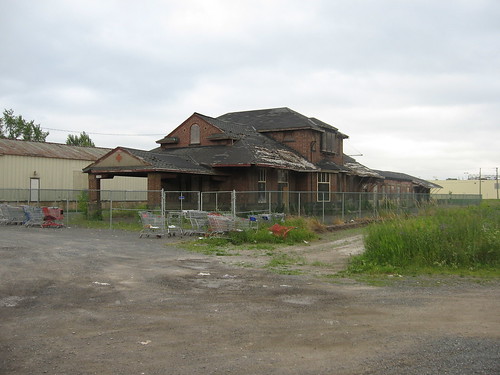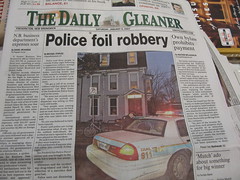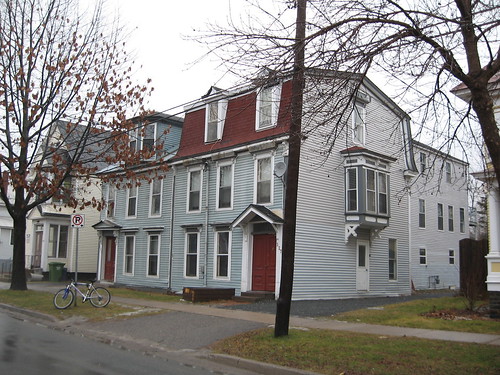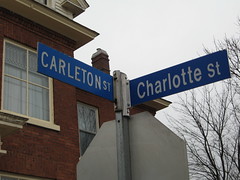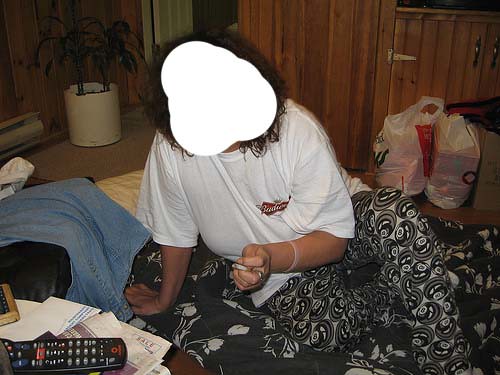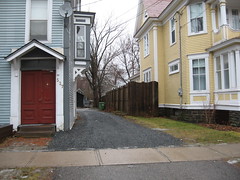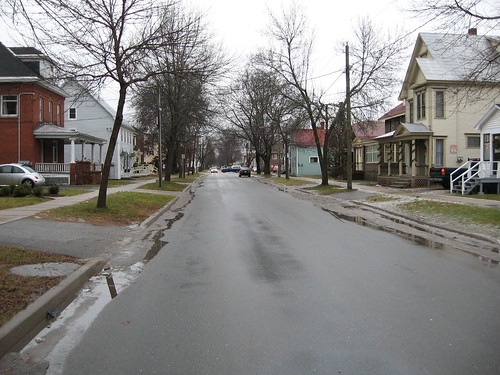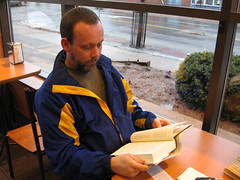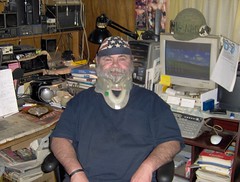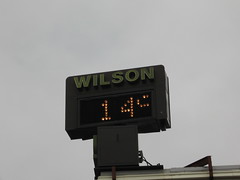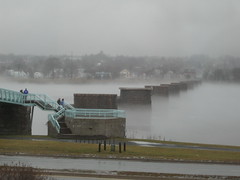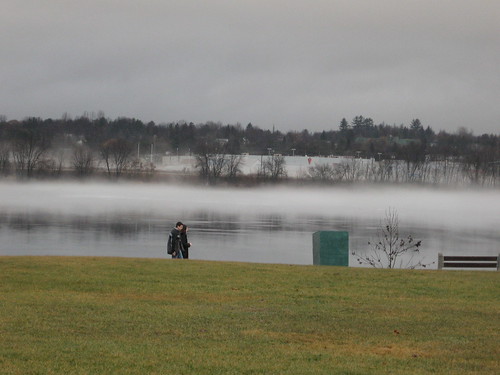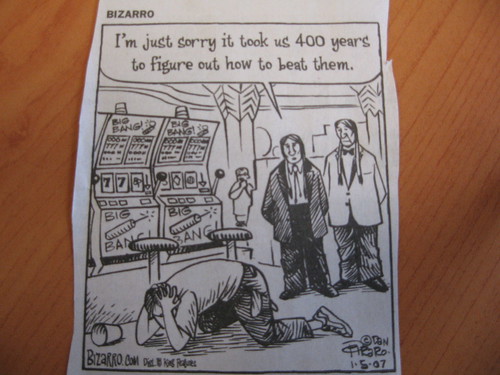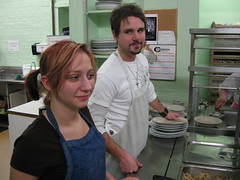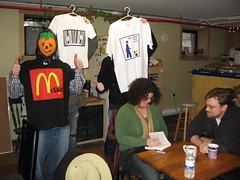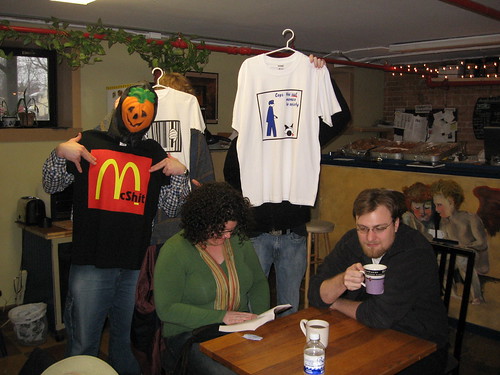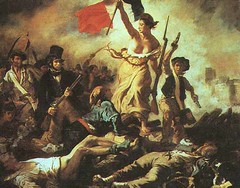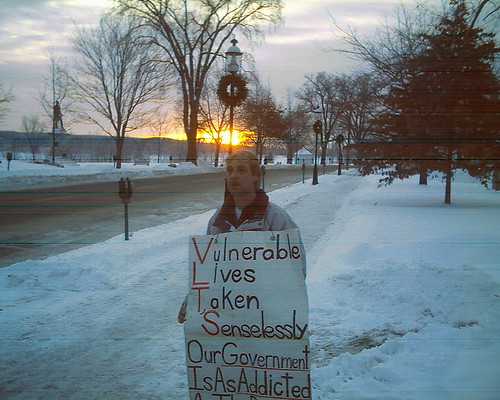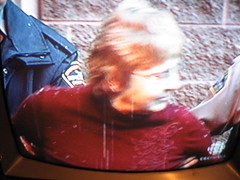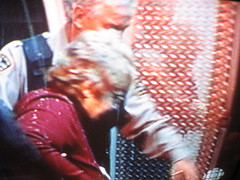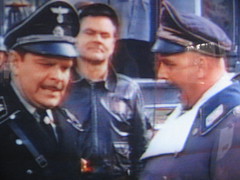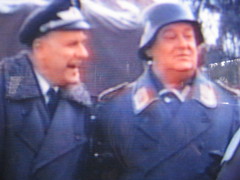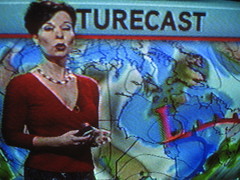A few weeks someone suggested to me that I write a letter to the editor in the Toronto Globe and Mail newspaper.
I quickly answered - Nahhhh..... They don’t print letters from New Brunswick.
The individual wrote a letter and it wasn’t printed.
I was given this little editorial.
It’s about a lawyer who was falsely arrested? I wonder if he was forced on the ground???
Question? I wonder why the Globe and Mail never covered my trial or the verdict?
I mean? If it was in the New York Times? Shouldn’t the story have been in the Globe and Mail also?
Do the Irvings own shares of the Globe and Mail?
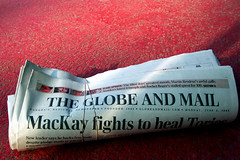
The lawyer had no pie
The Globe and Mail
Routine violations of the Charter of Rights and Freedoms by the big-city police who detained Vancouver lawyer Alan Ward should come as a deep disappointment to the public. Mr. Ward, who has a 20-year-plus career of representing protesters and people with complaints against the police, found himself suspected — wrongly — of intending to throw a pie at then prime minister Jean Chrétien four years ago. In following their suspicions, Vancouver police acted in good faith and showed no malice or brutality. Yet the police, not just constables but their supervisors, still managed to ignore Mr. Ward's basic rights.
Mr. Ward was stopped by police after someone in Mr. Chrétien's entourage reported that a white male in a T-shirt had been overheard to say he intended to “pie” the prime minister. Mr. Ward is white and was wearing a T-shirt. When Mr. Ward began to yell at the officer who stopped him, he was handcuffed and detained for breach of the peace. Police said they were investigating him on suspicion of either pieing or intending to pie the prime minister. No Charter problem so far.
The police had the right to detain Mr. Ward for as long as the prime minister was in the vicinity, a judge said this week. But they held him — in a tiny cell three feet by six feet — and left him there for roughly four hours after the prime minister had left. He had no pie, was nowhere near the prime minister, and no report of a pieing had been made. The officers had no grounds to hold him. His supposedly short-term detention had become wrongful imprisonment under the Charter.
And why was he strip-searched? Because of an incoherent and illegal policy, drafted by the provincial corrections department and Vancouver police, that began unequivocally: “A strip search will be done for new prisoners.” (The rest of the policy set out factors to consider in individual cases when deciding if a pat-down search with a metal detector is enough.) The Supreme Court of Canada could hardly have been clearer in 2001: “Strip searches cannot be carried out as a matter of routine police-department policy applicable to all arrestees, whether they are arrested for impaired driving, public drunkenness, shoplifting or trafficking in narcotics.” A judge awarded Mr. Ward $10,100 in damages, of which $5,000 was to make up for the illegal strip search. If his case is indicative of how minor suspects are treated in custody in British Columbia, as it seems to be, there's a problem.

